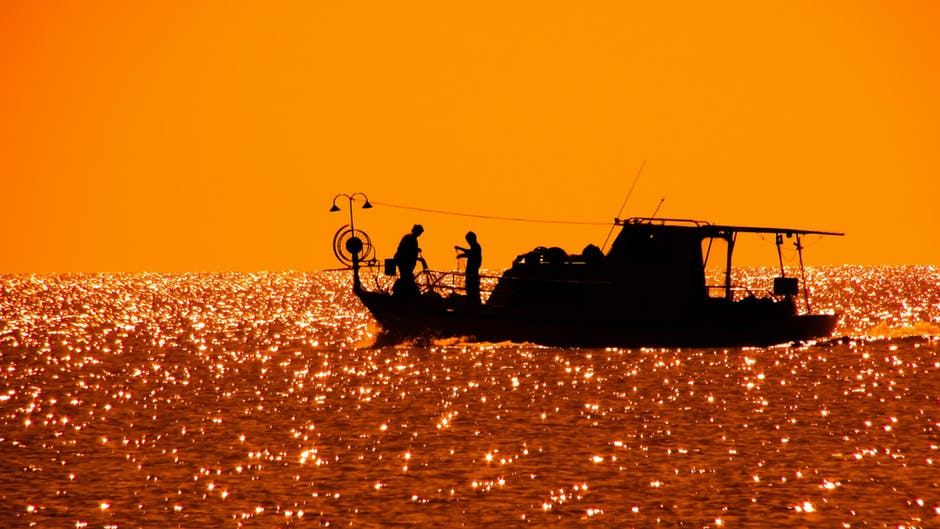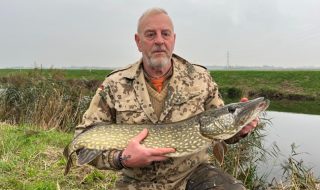There is no denying that the impact of Brexit will be wide-ranging, and it could also potentially affect the fishing industry. The UK is purportedly set to get rid of overfishing quotas, a move that theoretically would benefit UK fishermen but would be detrimental to fish stock, as explained in an article by The Ecologist.
Should Brexit, which has often been compared to a divorce, become messy, the danger is that both the EU and UK will set their own fishing limits. In turn, this type of move will likely lead to widespread overfishing from both sides.
This eventuality is obviously contrary to efforts focused on sustainable fisheries, an Angling Trust-backed endeavour fully supported by the former Fisheries Minister. The campaign encourages the UK government to adopt the best fishing practices in the world so that they can replenish fish stocks and transform into “a world leader in fisheries and marine conservation management.”
The UK, however, seems to be preparing for the quotas to be removed, and taking the necessary steps to be an independent coastal state post-Brexit. To this end, Prime Minister Theresa May has, according to Scottish Secretary David Mundell, vowed to “defend the UK’s fishing interests robustly.” By doing this it means ensuring the country’s sovereign control over its territorial waters. Consequently, UK authorities can decide who can and cannot fish in its territorial waters. That, of course, is the hope of Secretary Mundell, along with a handful of fishing sectors in the UK; however, there is much consternation as to whether the Prime Minister will indeed, pull out all the stops to fulfill her promise.
Should the UK win full sovereignty over its territorial waters, you best believe that removing the quotas will follow. After all, UK fishermen will have exclusive access to UK waters, which theoretically means more fish to catch. The risk of overfishing, however, increases as the tendency is likely to catch more rather than less, to maximise the eventual bottom line. Even if fisheries officials do set quotas in the future, there is still no guarantee their self-imposed limits will be able to prevent overfishing. This very same thing is happening in Europe with its excessive fishing quotas. Ministers in Europe are allegedly disregarding science and law in implementing said limits, which mostly exceed scientific recommendations. The same thing could happen in the UK and is not beyond the realm of possibility.
However things play out post-Brexit, there’s a good chance that both the UK and the EU will do everything to tilt circumstances in their favour. Fishing, after all, has been historically important to the UK, and to a few seafaring EU nations. In this context, Lottoland’s article on ‘The 10 Inventions That Brought Us Together’ points out how boats ‘were the earliest form of man-made transport’ as they predate even prehistoric times.
Along with bringing people together, this protracted history of boating suggests that fishing was likely around for just as long; after all, how else did the seafarers of yore get food? Somewhere along the way, the UK started sharing with Europe within its territorial waters, much to the chagrin of the country’s fishermen most likely. But as The Guardian op-ed ‘UK to ‘Take Back Control of Waters after Exiting Fishing Convention’ notes, the UK is taking back what’s rightfully theirs, much to the approval of its fishermen.
Now, that’s not such a bad thing, especially if the fishing industry benefits greatly. The hope now is that it won’t lead to overfishing, even if quotas are either raised or lifted.
IMAGE CREDIT: Pexels






